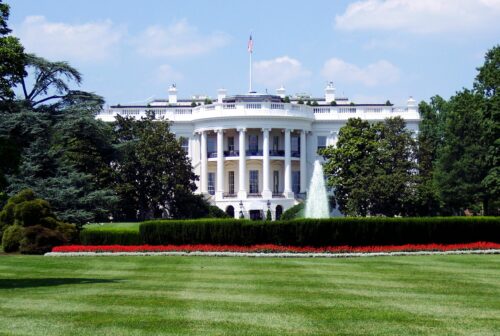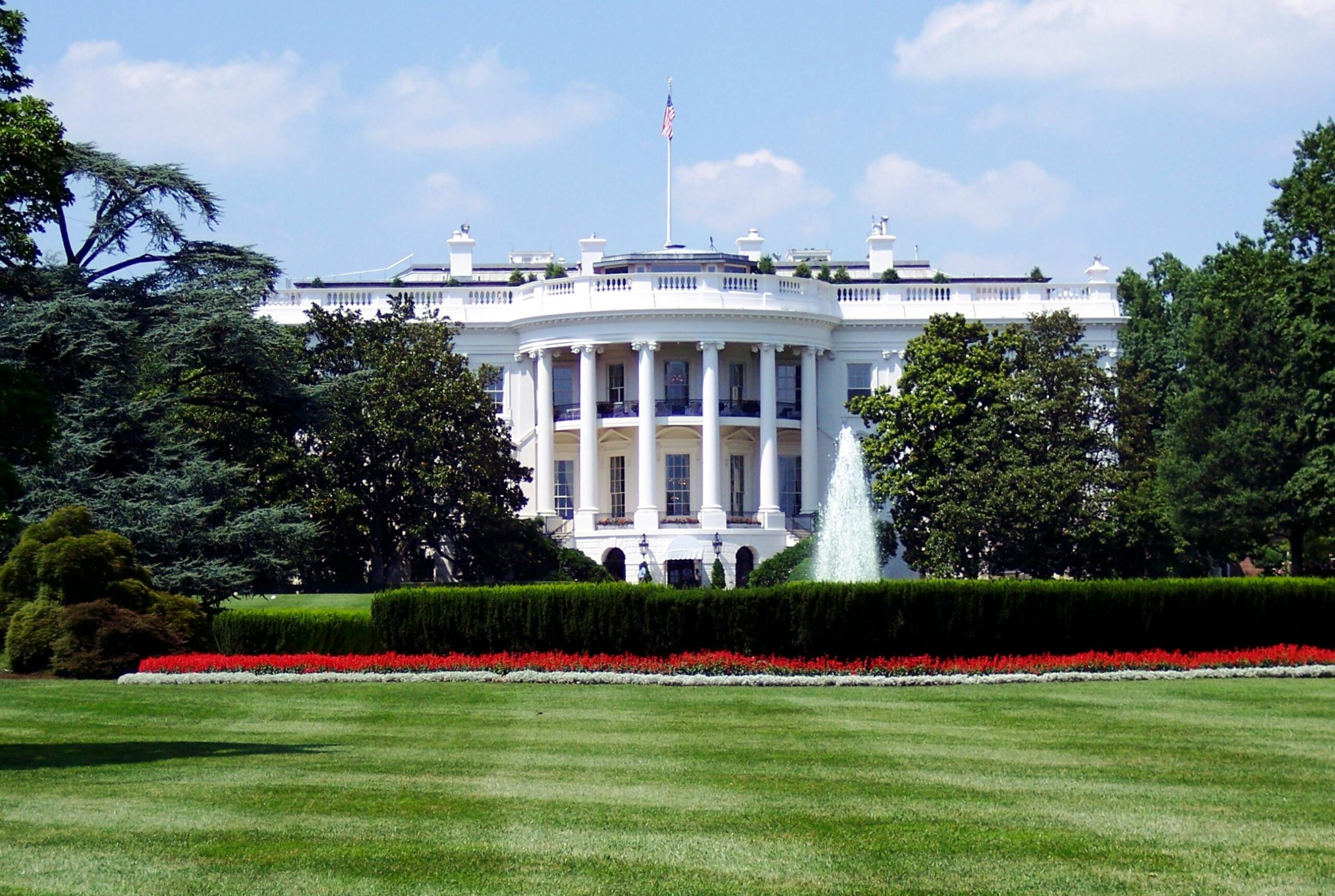[fusion_builder_container type=”flex” hundred_percent=”no” equal_height_columns=”no” hide_on_mobile=”small-visibility,medium-visibility,large-visibility” background_position=”center center” background_repeat=”no-repeat” fade=”no” background_parallax=”none” parallax_speed=”0.3″ video_aspect_ratio=”16:9″ video_loop=”yes” video_mute=”yes” border_style=”solid”][fusion_builder_row][fusion_builder_column type=”1_1″ layout=”1_1″ background_position=”left top” border_style=”solid” border_position=”all” spacing=”yes” background_repeat=”no-repeat” margin_top=”0px” margin_bottom=”0px” animation_speed=”0.3″ animation_direction=”left” hide_on_mobile=”small-visibility,medium-visibility,large-visibility” center_content=”no” last=”true” hover_type=”none” min_height=”” link=”” background_blend_mode=”overlay” first=”true”][fusion_text]

On June 26, 2024, President Biden issued a proclamation granting a “full, complete, and unconditional pardon to persons convicted of unaggravated offenses based on consensual, private conduct with persons age 18 and older under former Article 125 of the Uniform Code of Military Justice (UCMJ).” The pardon is part of an ongoing effort by Biden’s administration, Department of Defense (DoD), and Department of Veterans Affairs (VA) to correct historic wrongs against the LGBTQ+ military community.
Modern Military celebrated the historic nature of the proclamation in a statement while also encouraging the White House and DoD to remove the onus from veterans who must determine their eligibility. It’s our hope that the pardon comes as a welcome relief to some LGBTQ+ service members forced out of military service because of their sexual orientation. This pardon could allow those who were deprived of the benefits and services they rightfully earned, an avenue to appeal their military discharge, possibly resulting in an upgrade of discharge and access to military and veteran benefits.
Who Does the Pardon Impact?
Under the proclamation, those convicted under Article 125 will be pardoned, as well as those convicted of “attempts, conspiracies, and solicitation” under Articles 80, 81, and 82 of the UCMJ.
The mass pardon includes service members with convictions between May 31, 1951 through December 26, 2013. Service members convicted during this time period under Articles 125, 80, 81, and 82 are technically pardoned as of June 26, 2024, when the declaration was made.
Under a mass pardon, where individuals are not named, veterans must determine whether they are eligible and then commit to the application process. If a pardon is granted, there is a separate process for upgrading dishonorable discharges and earning VA eligibility for benefits including health care. As part of the discharge upgrade process, individuals need to provide a certificate of pardon.
Exceptions
A class action lawsuit filed last year in the Northern District of California found more than 29,000 service members were forced out of service between 1980 and 2011 without receiving an honorable discharge due to real or perceived homosexuality or sexual perversion. Many of these veterans were discharged unjustly through other means that included the threat of court martial or included aggravating factors.
Unfortunately, those without an actual court-martial or those discharged with the following aggravating factors are not eligible for a pardon. Some of those factors include:
- Conduct by a person in a position of trust with a recruit, trainee, or an individual who, because of status, might not have felt able to refuse consent.
- Conduct by the individual constituting fraternization.
- Acts with an individual under the age of 18.
- Conduct in violation of a lawful order.
- Acts committed with the spouse of a different military service member.
A full list of ineligibility factors is available on DoD’s website.
Resources and Support
Those wanting to request a certificate of pardon can visit DoD’s Presidential Pardon page which provides answers to frequently asked questions, links to vital resources, and points of contact.
The pardon application process can be onerous making pro bono legal assistance critical for individuals who may benefit from this action or who may seek clemency for other offenses. Attorneys can help individuals apply for:
- Pardon Certificate Application: President Biden’s proclamation effectuated this pardon, but individual former service members must complete an application which will be reviewed prior to the certificate of pardon being issued. Then the individual may seek a change in their character of discharge status. Legal assistance may prove particularly helpful for both steps of this process. Learn more here.
- Full Pardon Application. Other individuals may not be eligible under the categorical pardon, but may have been pre-textually convicted for their sexual orientation or gender identity under other UCMJ provisions. President Biden’s proclamation encourages these individuals to apply for a pardon through the pre-existing Department of Justice (DoJ) application, for expeditious review. Learn more here.
- VA Benefits. After the DoJ issues a pardon certificate, and change in discharge characterization, individuals may need assistance securing VA benefits. Please note that you do not have to pay to request a VA discharge upgrade; the process of submitting a request to upgrade your military discharge is free, although you may need to incur costs for gathering supporting documents or if you choose to hire legal representation to assist with your case. Only VA-accredited attorneys and claims agents may prepare, present, and prosecute a VA claim on behalf of a Veteran. Learn more here.
Many veterans service organizations offer free assistance with discharge upgrade requests and can help you navigate the process without incurring additional costs. The Veterans Consortium and National Veterans Legal Services Program are two organizations specializing in discharge upgrades. Local attorneys that provide pro bono assistance may be found through Swords to Plowshares state-by-state pro bono legal guide. For more legal resources, visit our Legal Referrals and Resources page.
What If I Don’t Qualify for the Pardon?
There are still options available for those who do not qualify for the pardon. In the fall of 2023, DoD announced it would proactively review about 2,000 military records of service members who served during the “Don’t Ask, Don’t Tell” (DADT) era and whose sexual orientation resulted in a separation.
If you received a less than honorable classification under DADT, consider applying for DoD’s discharge upgrade process. All branches of the military consider you to have a strong case for a discharge upgrade if you can show your discharge was connected to any of these categories:
- Mental health conditions, including posttraumatic stress disorder (PTSD)
- Traumatic brain injury (TBI)
- Sexual assault or harassment during military service (at VA, we refer to this as military sexual trauma or MST)
- Sexual orientation (including under DADT)
VA has a separate character of discharge review. This process is significantly less time-consuming, the review period is shorter, and the rate of approval is higher than DoD’s process.
Please note that VA’s character of discharge is for VA purposes only and does not change official records. That means that GI Bill benefits are not restored as part of the process.
VA recently amended its regulations regarding character of discharge determinations, expanding access to VA care and benefits for some former service members discharged under other than honorable conditions or by special court-martial. Modern Military magazine’s “The Drag Issue” includes an article about VA’s character of discharge process.
[/fusion_text][/fusion_builder_column][/fusion_builder_row][/fusion_builder_container]
© Copyright modern military association | EIN 52-1845000 | all rights reserved | legal & Financial
